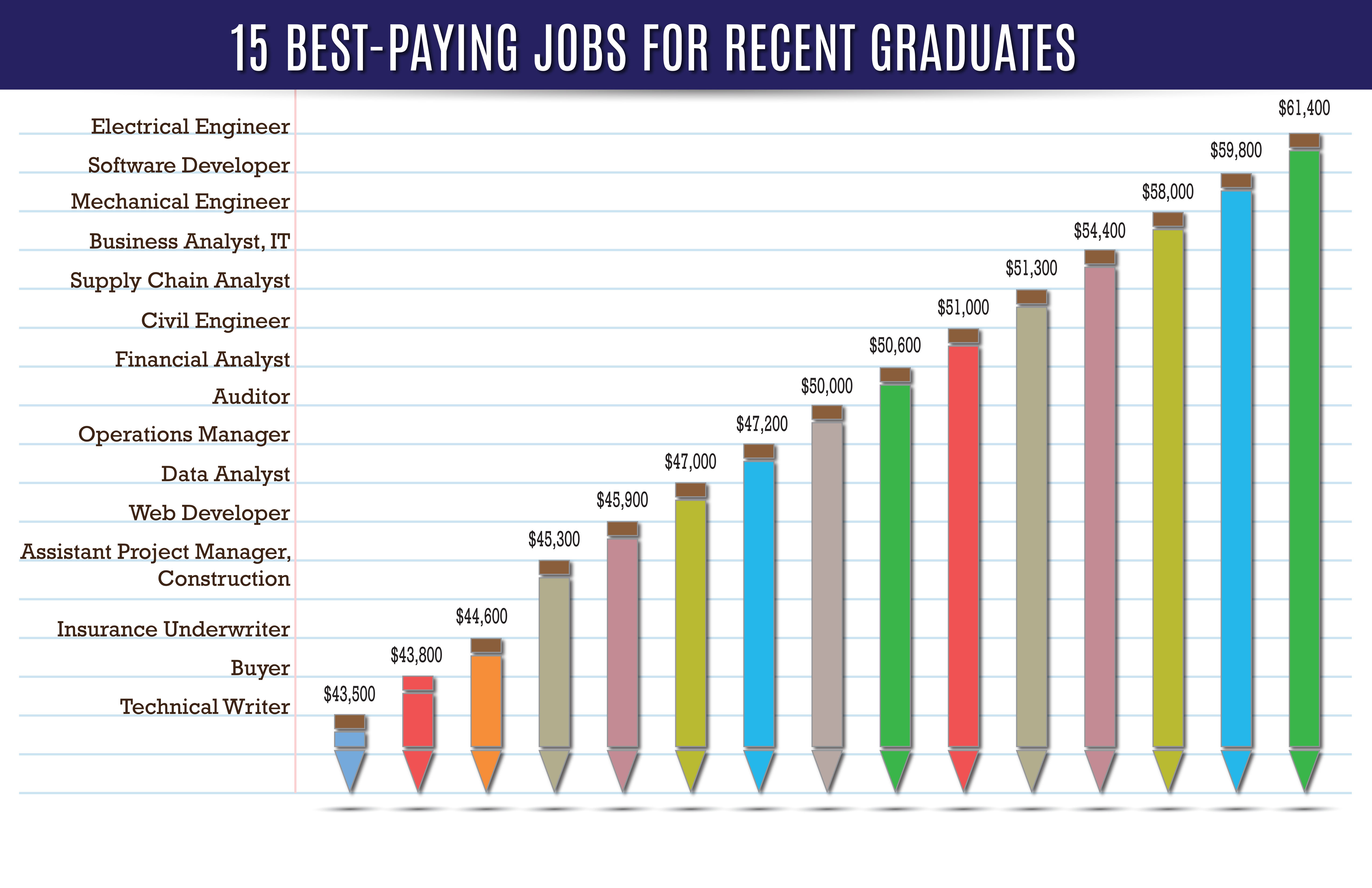Top-Earning Trades: Your Guide to High-Paying Skilled Careers

In today's rapidly evolving job market, the allure of high-paying trades is stronger than ever. Skilled trades offer a compelling alternative to the traditional four-year college path, often providing competitive salaries, job security, and the satisfaction of working with your hands.
So, which skilled trades offer the highest earning potential? This guide dives deep into the world of high-paying trades, exploring everything from electrician and plumbing work to welding and HVAC installation. We'll examine the factors driving demand for these professions, the training required, and the potential for career advancement.
The demand for skilled tradespeople has been steadily rising. Factors like an aging workforce and a growing emphasis on infrastructure development have created a significant skills gap. This translates into excellent opportunities for individuals seeking stable, well-compensated careers.
Historically, skilled trades have formed the backbone of thriving economies. From the construction of ancient civilizations to the complex infrastructure of modern cities, skilled tradespeople have played a vital role. This enduring importance underscores the continued relevance of these professions in the 21st century.
However, the skilled trades sector faces challenges, including attracting younger generations to these careers and addressing misconceptions about the nature of the work. Overcoming these hurdles is crucial to ensuring a robust pipeline of skilled professionals for the future.
Highly lucrative trade career paths include electricians, who install and maintain electrical systems. Plumbers, essential for the functioning of our water and sanitation systems, also command competitive wages. HVAC technicians, specializing in heating, ventilation, and air conditioning, are in high demand due to the increasing complexity of these systems.
Three key benefits of pursuing high-paying trades are financial stability, job security, and career autonomy. The demand for skilled workers translates into competitive salaries and consistent employment opportunities. Many trades also offer the flexibility of self-employment or entrepreneurship.
Launching a successful career in a high-paying trade typically involves completing a vocational program or apprenticeship. These programs combine classroom instruction with hands-on training, providing the necessary skills and knowledge to enter the workforce. Networking with industry professionals and obtaining relevant certifications can further enhance career prospects.
Advantages and Disadvantages of High-Paying Trades
| Advantages | Disadvantages |
|---|---|
| High Earning Potential | Physically Demanding Work |
| Job Security | Potential for Seasonal Work (some trades) |
| Career Autonomy | Upfront Training Costs |
Five best practices for excelling in a skilled trade include continuous learning, embracing new technologies, prioritizing safety, building strong professional relationships, and maintaining a high level of professionalism.
Examples of successful tradespeople abound, from electricians specializing in smart home technology to plumbers running their own businesses and welders contributing to major infrastructure projects. These examples highlight the diverse opportunities available within the skilled trades.
Frequently Asked Questions:
1. What are the highest paying trade jobs? (Answer: Some of the top-paying trades include electricians, plumbers, pipefitters, and elevator installers.)
2. How long does it take to become a skilled tradesperson? (Answer: Training time varies depending on the trade, but typically ranges from a few months to several years.)
3. Are trade jobs in demand? (Answer: Yes, many skilled trades are experiencing high demand due to a growing skills gap.)
4. Do I need a college degree for a trade job? (Answer: No, a college degree is not typically required, but vocational training or an apprenticeship is essential.)
5. What are the physical demands of trade jobs? (Answer: Many trade jobs involve physically demanding work, requiring strength, stamina, and dexterity.)
6. What is the job outlook for skilled trades? (Answer: The job outlook for many skilled trades is positive, with projected growth in the coming years.)
7. How can I find a trade apprenticeship? (Answer: Check with local trade unions, vocational schools, and online resources for apprenticeship opportunities.)
8. What are some important skills for success in a trade? (Answer: Problem-solving skills, attention to detail, and good communication are crucial for success in many trades.)
Tips for pursuing a trade career include researching different trades, networking with industry professionals, and seeking out mentorship opportunities. Thoroughly exploring your options and connecting with experienced tradespeople can significantly enhance your career trajectory.
In conclusion, high-paying trades offer a compelling pathway to a rewarding and financially secure career. The growing demand for skilled workers, coupled with the opportunity to learn valuable skills and contribute to essential industries, makes pursuing a trade a smart choice for many. While the path may require dedication and hard work, the potential rewards, including competitive salaries, job stability, and career autonomy, make the investment worthwhile. Take the first step towards exploring the world of high-paying trades and discover the fulfilling career that awaits you.
Unlock elegant script fancy cursive alphabet printables free
Toyota rav4 prime xse reviews uncovering the hybrid suv
Finding comfort and support navigating grief with reed funeral home in whitwell tennessee









